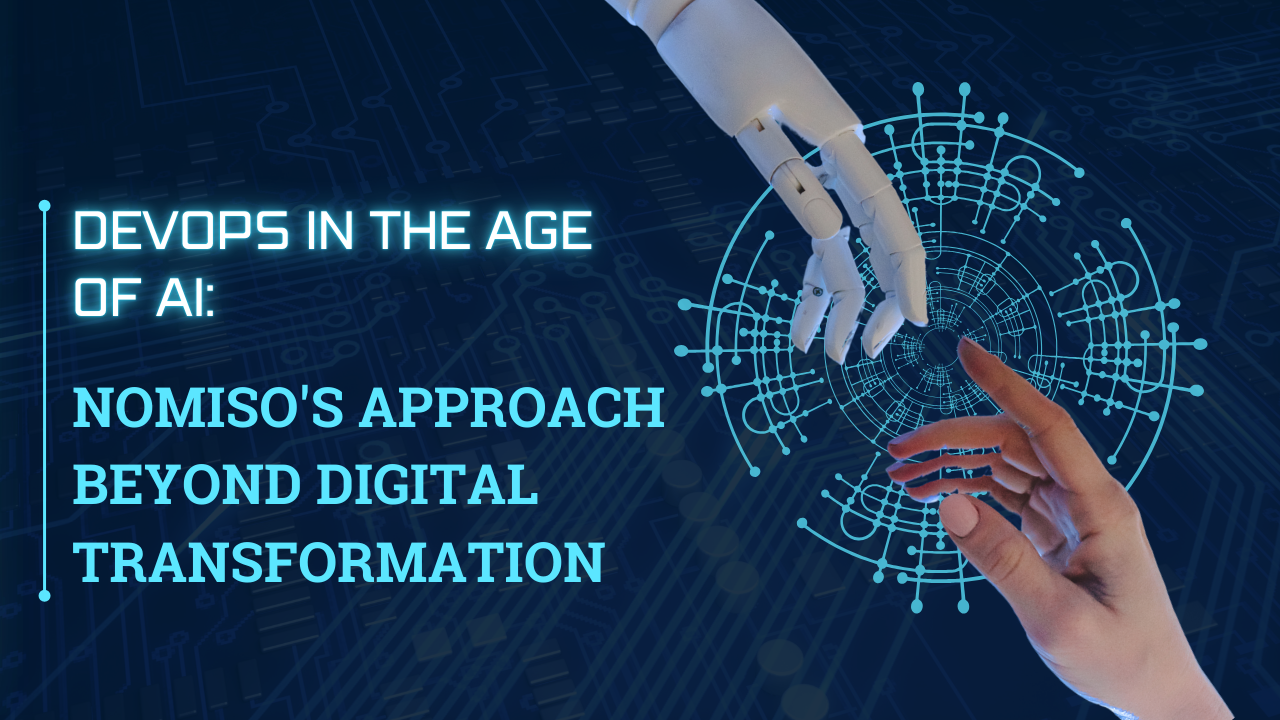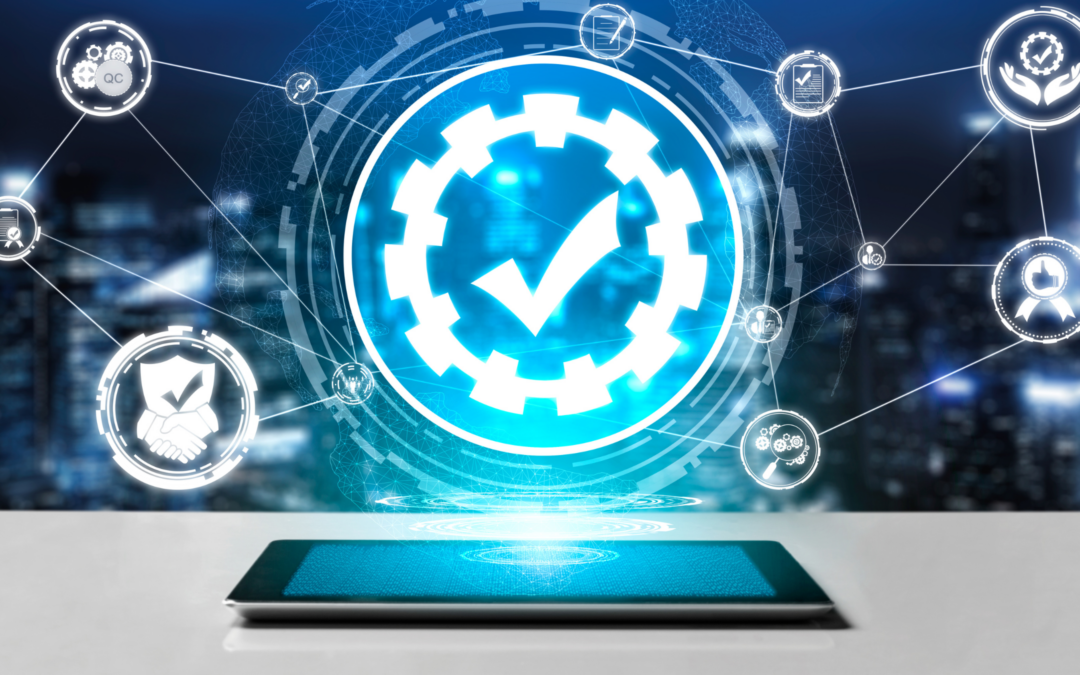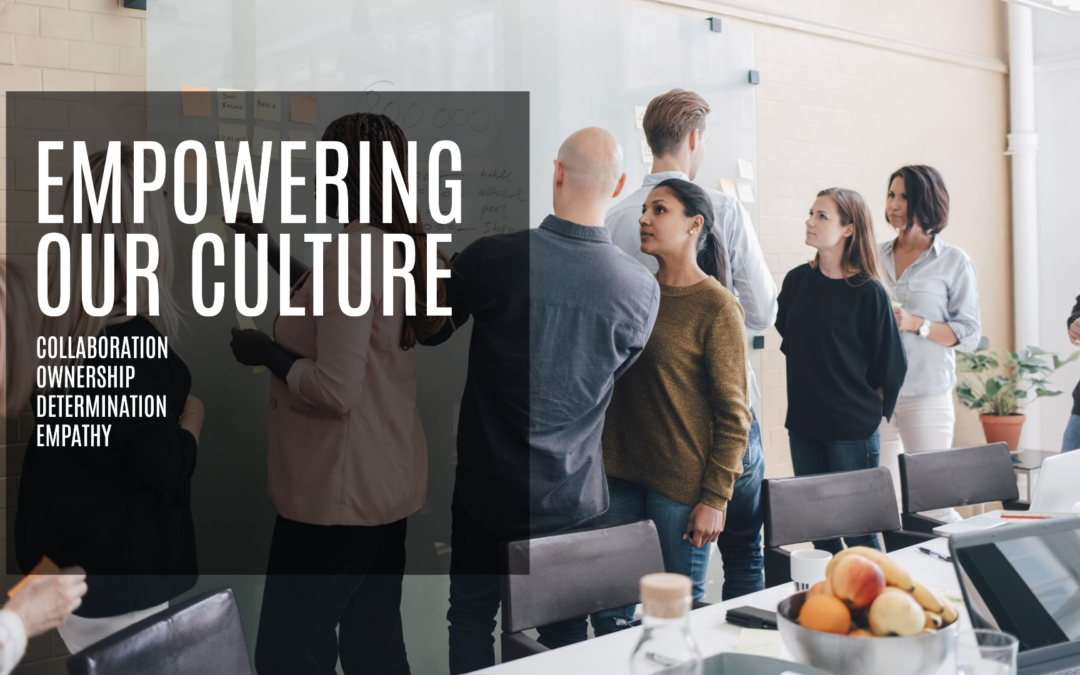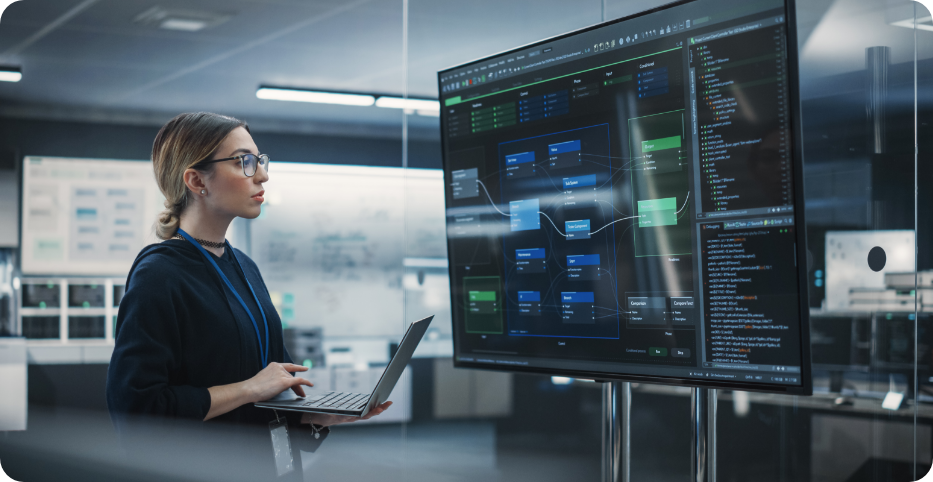DevOps in the age of AI: Nomiso’s approach beyond digital transformation
In today’s hyper-competitive digital landscape, businesses are under constant pressure to innovate rapidly, deliver at scale, and adapt to ever-evolving customer needs — all without compromising quality. DevOps has proven to be a transformative and reliable approach that helps organizations meet these demands. However, it’s important to understand that DevOps is not just about bridging development and operations. It’s a holistic way of working that encompasses culture, processes, automation, measurement, and collaboration across teams.
This broader perspective is reflected in the widely adopted CALMS framework, which highlights the five critical pillars of successful DevOps adoption: Culture, Automation, Lean practices, Measurement, and Sharing. Organizations that embrace DevOps in this complete sense are better equipped to achieve continuous delivery, operational excellence, and sustainable innovation
At Nomiso, we recognize these challenges and have developed a structured, results-driven approach to help organizations achieve DevOps excellence. By combining industry best practices, cutting-edge tools, and our proprietary frameworks, we empower businesses to accelerate their DevOps journey and deliver measurable results.
The Challenges of DevOps Adoption
While DevOps offers immense potential, organizations often encounter common roadblocks:
- Tool Overload: A focus on tools over processes leads to inefficiencies and fragmented workflows.
- Inconsistent Adoption: Lack of a unified DevOps culture and inconsistent practices across teams hinder progress.
- Scaling Setbacks: Legacy systems, manual work, and skill gaps create bottlenecks in scaling DevOps.
- Security Challenges: Security is often treated as an afterthought, leading to vulnerabilities in the pipeline.
These challenges highlight the need for a structured and holistic approach to DevOps adoption.
Nomiso’s Approach to DevOps Excellence
Nomiso’s approach is built on a foundation of best practices, heterogeneous tools, and a focus on continuous improvement. Our framework addresses the key pillars of DevOps—Culture, Automation, Lean, Measurement, and Sharing (CALMS)—to ensure a balanced, 360 degree and sustainable transformation.
1. Culture: Building a Unified DevOps Mindset
- Foster collaboration between development, operations, and security teams.
- Empower teams with new responsibilities and encourage knowledge sharing.
- Promote a culture of continuous learning and improvement.
2. Automation: Driving Efficiency and Speed
- Automate repetitive tasks across the software development lifecycle (SDLC) to reduce errors and improve efficiency.
- Implement Infrastructure as Code (IaC) and Just-in-Time (JIT) infrastructure for scalable and consistent deployments.
- Leverage AI as a helper in functional code generation, in code reviews, in test case generation and test automation to accelerate quality assurance.
3. Lean: Reducing Waste and Optimizing Workflows
- Minimize handoffs and eliminate wait times across different stages of the SDLC.
- Focus on delivering small, incremental changes that provide immediate value to customers.
- Streamline processes to reduce waste and improve flow.
4. Measurement: Data-Driven Decision Making
- Measure everything from ideation to production, including lead time, cycle time, and DORA metrics (deployment frequency, change failure rate, MTTR, and lead time for changes).
- Use observability tools like Dynatrace, AppDynamics, and New Relic to monitor system performance and reliability.
5. Sharing: Enabling Collaboration and Reusability
- Share knowledge across teams to enable reusability and empower teams to become self-sufficient.
- Foster a culture of collaboration where discovery and delivery teams work closely together.
Powered by Our IDEA Methodology
At Nomiso, our IDEA approach—Ideate, Discover, Execute, Accelerate—guides how we co-engineer impactful digital solutions.
- Ideate: Generate new ideas, concepts, and features that address customer needs or unlock new opportunities—rooted in collaboration and product thinking.
- Discover: Quickly validate ideas through prototypes or lightweight code to assess feasibility and impact—grounded in engineering excellence.
- Execute: Build MVPs, deliver to real users, measure outcomes, and gather feedback—solving real problems with speed and precision.
- Accelerate: Scale what works using proven frameworks, CI/CD, and automation—maximizing value and driving continuous improvement.
Nomiso’s Capabilities and Tools
Nomiso’s expertise spans a wide range of tools and capabilities, enabling us to deliver end-to-end DevOps solutions:
| Component | Tools and Capabilities |
| Internal Developer Platform | Unified platform for managing code, pipelines, and deployments such as backstage, spinnaker, Humanitec |
| CI/CD | GitLab, Jenkins, ArgoCD, CircleCI, Harness, and templatized pipelines. |
| AI-Based Test Intelligence | LLM based solutions for automated story to test cases, code to unit tests, test cases to test automation, and test analysis. |
| IaC/JIT Infrastructure | Terraform, Ansible, Helm, and Harness for infrastructure automation. |
| Chaos Engineering | Litmus, Chaos Monkey, and Gremlin for resilience testing. |
| Observability | OTEL, Dynatrace, AppDynamics, and New Relic for real-time system monitoring and insights. |
Expected Results: Unlocking the Potential of DevOps
By adopting Nomiso’s approach, organizations can achieve transformative outcomes:
- Increased Deployment Frequency: Deliver features and updates faster than ever.
- Reduced Lead Time for Changes: Accelerate time-to-market for new initiatives.
- Lower Change Failure Rates: Improve reliability and reduce downtime.
- Enhanced Collaboration: Foster a unified DevOps culture that drives innovation.
Principles for Accelerating Value Delivery
Nomiso’s approach to DevOps is guided by principles that prioritize customer and business value:
- Focus on Outcomes: Deliver what is actually moving the needle towards the goal post. Build what really matters rather than building non-value add features.
- Data-Driven Decisions: Use metrics and feedback to guide development and deployment.
- Fast Feedback Cycles: Shorten cycles to iterate quickly and improve continuously.
- Discovery and Delivery Integration: Ensure tight collaboration between discovery team (team focused on what to build next) and delivery teams (teams focused on building features).
Conclusion: Building the Future with Nomiso
DevOps is not just a methodology—it’s a strategic enabler for digital transformation. With Nomiso’s structured approach, organizations can overcome the challenges of DevOps adoption, achieve measurable results, and drive continuous improvement. By focusing on culture, process, automation, measure and innovation, we help businesses unlock the full potential of DevOps and thrive in the digital age.
At Nomiso, we don’t just implement DevOps—we redefine it. Let’s build the future of innovation together.











